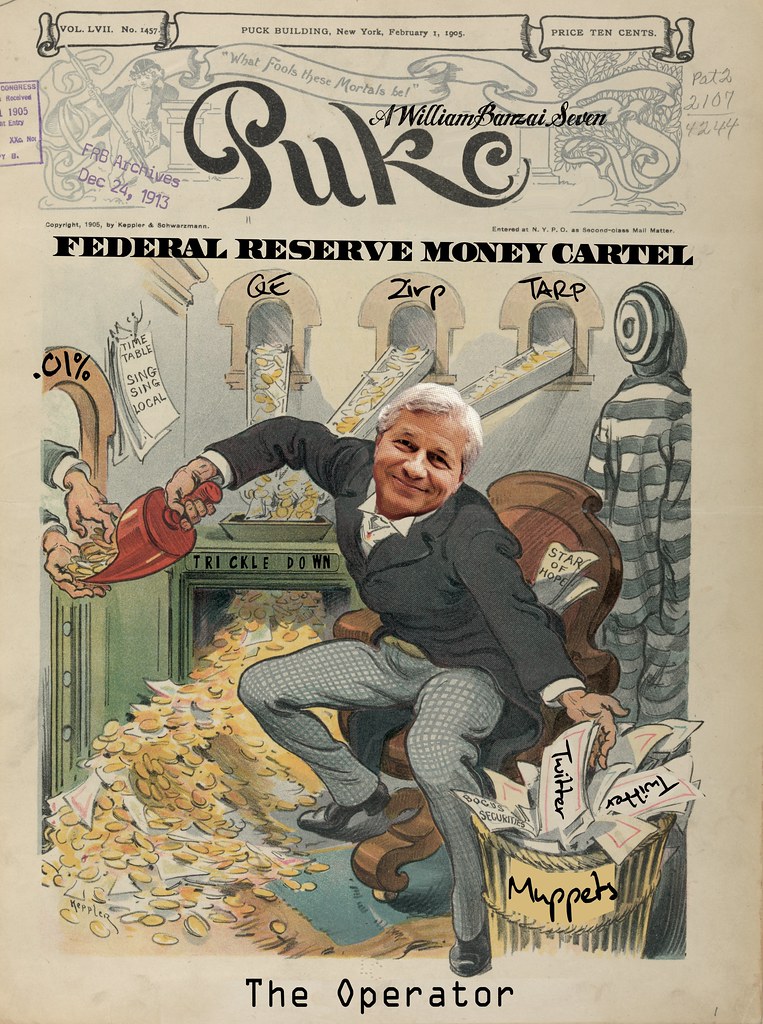 For the last several years,
For the last several years,
American and British intelligence agencies have been conducting
surveillance operations inside of online video game worlds
Second Life and World of Warcraft, as well as
Microsoft’s Xbox Live gaming service, according to a report in
The New York Times, ProPublica, and The Guardian.
The operations, which neither British spies nor the NSA would
confirm, stemmed from fears amongst the spy agencies that the games
would be used by terrorists for communications and financial
transactions.
The whole project appears to have been a bust, however, with
millions of dollars spent for little if any meaningful success in
stopping terrorists. A few lowlights
from the report:
There were so many government snoops running around
Second Life that they had to set up a management team to make sure
they didn’t all run into each other. “So many C.I.A.,
F.B.I. and Pentagon spies were hunting around in Second Life, the
document noted, that a ‘deconfliction’ group was needed to avoid
collisions.”
The spies didn’t ask for permission from World of
Warcraft’s creators. “One American company, the maker
of World of Warcraft, said that neither the N.S.A. nor its British
counterpart, the Government Communications Headquarters, had gotten
permission to gather intelligence in its game.”
They didn’t have any actual evidence that terrorists
relied on the games in their plots. “In the 2008
N.S.A. document, titled “Exploiting Terrorist Use of Games &
Virtual Environments,” the agency said that “terrorist target
selectors” — which could be a computer’s Internet Protocol address
or an email account — “have been found associated with Xbox Live,
Second Life, World of Warcraft” and other games. But that document
does not present evidence that terrorists were participating in the
games.”
There’s no indication that the spying stopped any
terrorist attacks. “The documents, obtained
by The
Guardian and shared with The New York Times and
ProPublica, do not cite any counterterrorism successes from the
effort.”
In-game communications were subject to mass
collection. “One document says that while GCHQ was testing
its ability to spy on Second Life in real time, British
intelligence officers vacuumed up three days’ worth of Second Life
chat, instant message and financial transaction data, totaling
176,677 lines of data, which included the content of the
communications.”
U.S. defense forces created mobile video games designed
to spy on users. “The Pentagon’s Special Operations
Command in 2006 and 2007 worked with several foreign companies —
including an obscure digital media business based in Prague — to
build games that could be downloaded to mobile phones, according to
people involved in the effort. They said the games, which were not
identified as creations of the Pentagon, were then used as vehicles
for intelligence agencies to collect information about the
users.”
The government spent millions of dollars on video game
behavior research to reach really, really obvious
conclusions. “A group at the Palo Alto Research Center,
for example, produced a government-funded study of World of
Warcraft that found ‘younger players and male players preferring
competitive, hack-and-slash activities, and older and female
players preferring noncombat activities,’ such as exploring the
virtual world. A group from the nonprofit SRI International,
meanwhile, found that players under age 18 often used all capital
letters both in chat messages and in their avatar names.”
No word yet, however, on how many government agents hit the
level cap, or what they really thought about all
the business with the magic pandas.
from Hit & Run http://reason.com/blog/2013/12/09/the-nsa-and-other-government-snoops-have
via IFTTT
 A middle school teacher in
A middle school teacher in




 Back in 2012, Sen. Edward
Back in 2012, Sen. Edward









